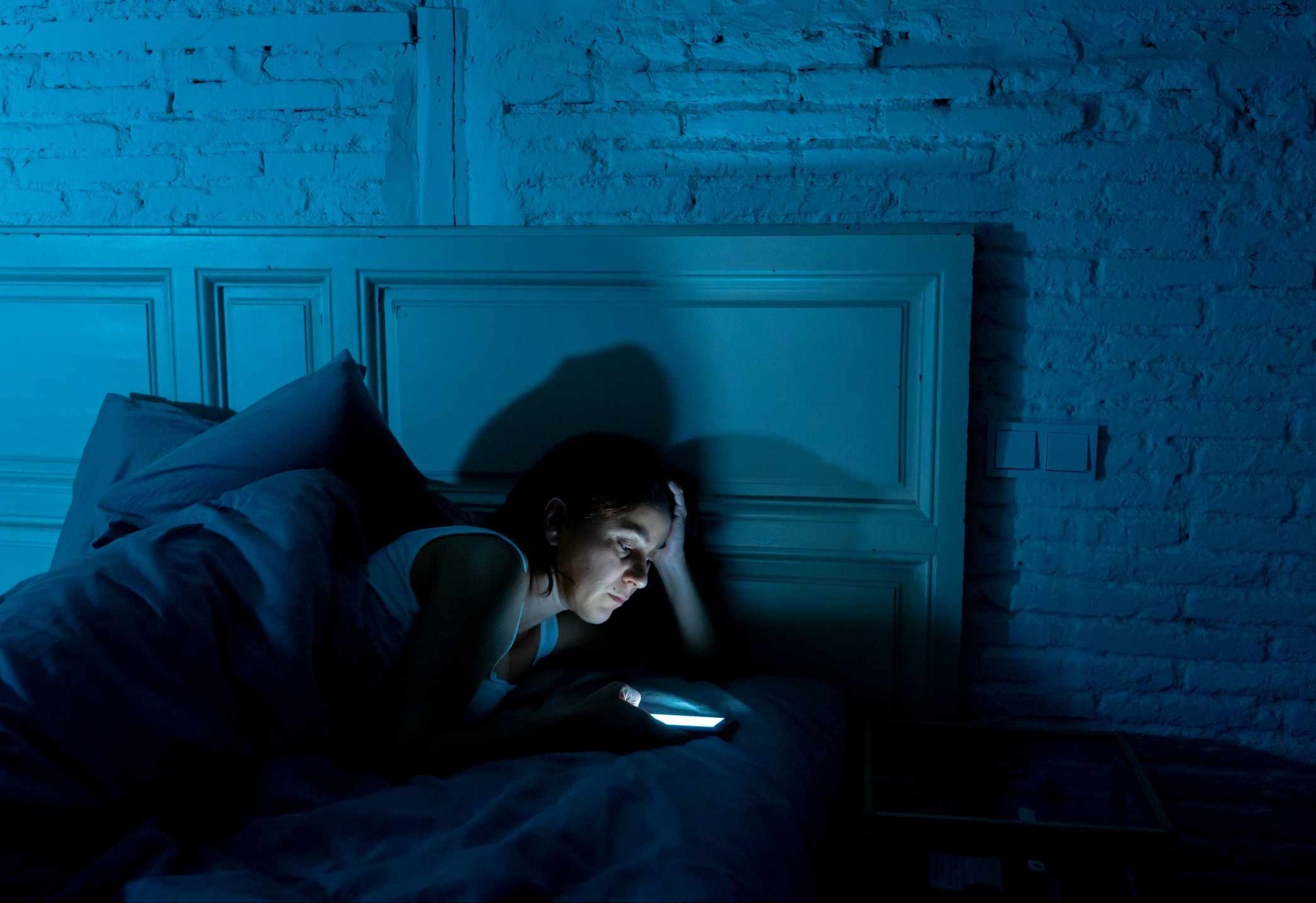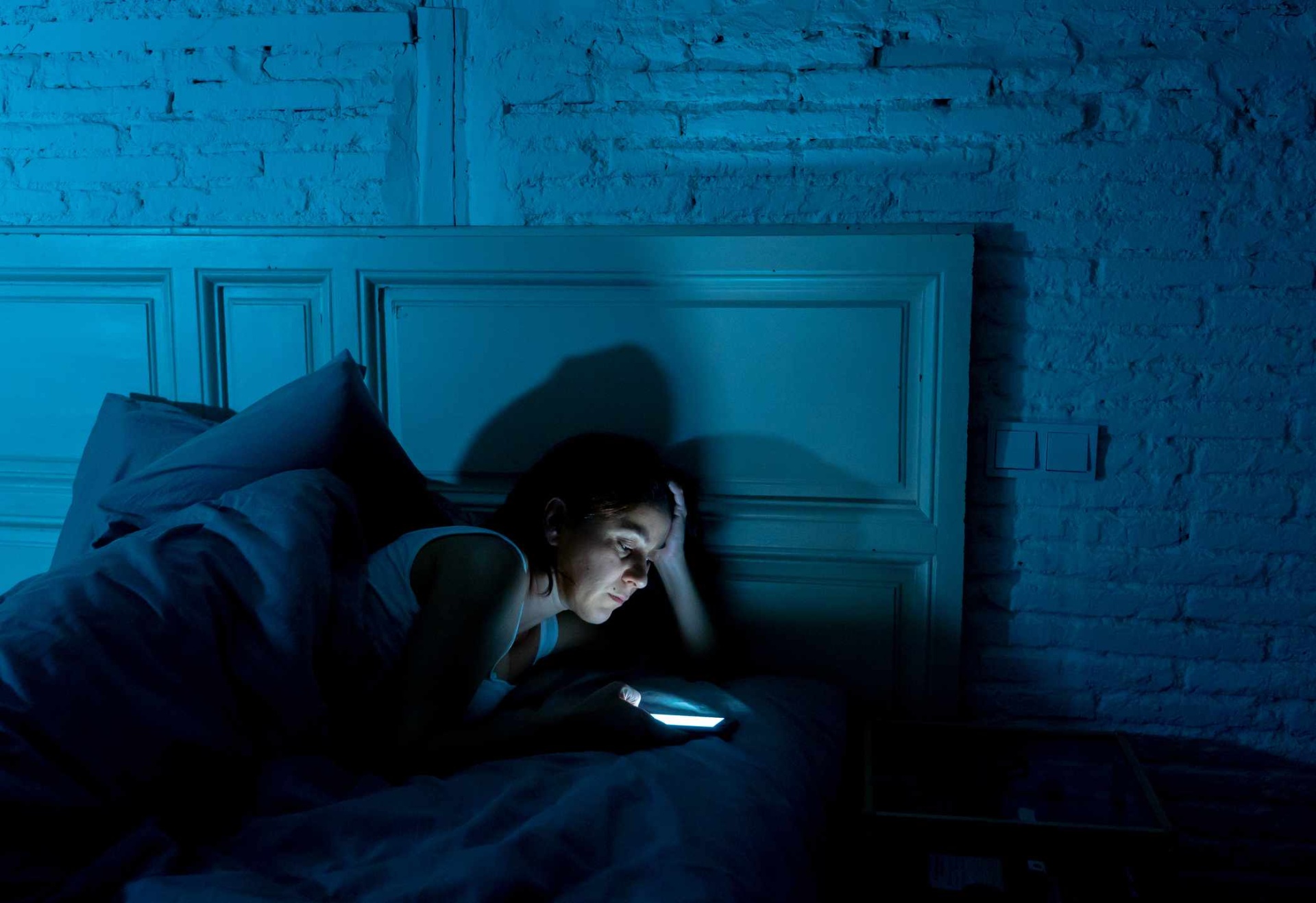Is Anxiety Keeping You Up? Understanding Bedtime Procrastination

Every morning when your alarm goes off, you tell yourself the same thing. You’re not going to stay up late. You’re going to go to bed on time and get enough rest so that you don’t wake up feeling exhausted. But if you’re being honest with yourself, you’ve been telling yourself this daily for quite some time, and nothing has changed.
No matter how tired you are when you’re getting ready for bed, you can’t seem to allow yourself to relax and fall asleep. It’s almost as if your body gets a burst of energy while everyone else seems to find peace, rest, and relaxation to drift off to sleep.
But if what’s keeping you up at night isn’t a bad dream or monsters under the bed, could it be anxiety? Let’s learn more about bedtime procrastination.
What Is Bedtime Procrastination?
 Bedtime procrastination is when a person voluntarily chooses to delay going to bed or falling asleep. A person who engages in bedtime procrastination will put off going to sleep even when they know they’re sleep deprived or need to go to bed.
Bedtime procrastination is when a person voluntarily chooses to delay going to bed or falling asleep. A person who engages in bedtime procrastination will put off going to sleep even when they know they’re sleep deprived or need to go to bed.
The Cause
Me Time
One of the main causes of bedtime procrastination is the desire for more “me time”. A lot of people spend the majority of their day at their jobs. Bedtime procrastination makes people feel like they’re reclaiming time back from their day to dedicate to themselves again.
Fear of Missing Out
Another factor of bedtime procrastination is FOMO, or a fear of missing out. Your favorite streaming provider may have dropped a new episode or an entire season that you feel like you have to get through. Despite how tired you may feel, the desire to binge is greater.
Or maybe late at night, you find yourself mindlessly scrolling on social media with no real intention. These types of activities can override the body and brain’s need for sleep, even when they may be desperately begging you for it.
Rumination
Have you ever been bed at night, but instead of counting sheep, random thoughts and memories from your day are popping into your head? Anxiety can cause a person to ruminate or worry about their past interactions or even cause stress about what type of scenarios could take place the next day. These types of thoughts can make it difficult for a person to fall asleep or stay asleep during the night.
How to Overcome Bedtime Procrastination
Create a Routine
Try to create a bedtime routine so that your body and brain will naturally fall into a rhythm. You can do this by aiming to go to bed at the same time each night and waking up around the same time each morning. Over time, your body will naturally feel more awake in the mornings and more tired at night.
Limit Your Screen Time
The blue light that is emitted from your phone, tablet, laptop, or television screen can cause disruptions in your sleep cycle. While you may not be able to completely avoid screens during your day, you can work to limit them. Try avoiding your devices for up to an hour before bedtime. This can help reduce your blue light exposure and make it easier for you to fall asleep at night.
Seek Additional Support
Bedtime procrastination can be a vicious cycle. Not getting an adequate amount of sleep can actually lead to an increased level of anxiety. Plus, when you’re not fully rested, it can be more difficult for you to manage your emotions or reactions to certain situations. If you’re noticing other areas of your life are starting to be impacted by bedtime procrastination, reach out to see how anxiety therapy can help. We can set you up with the right tools to move forward.
